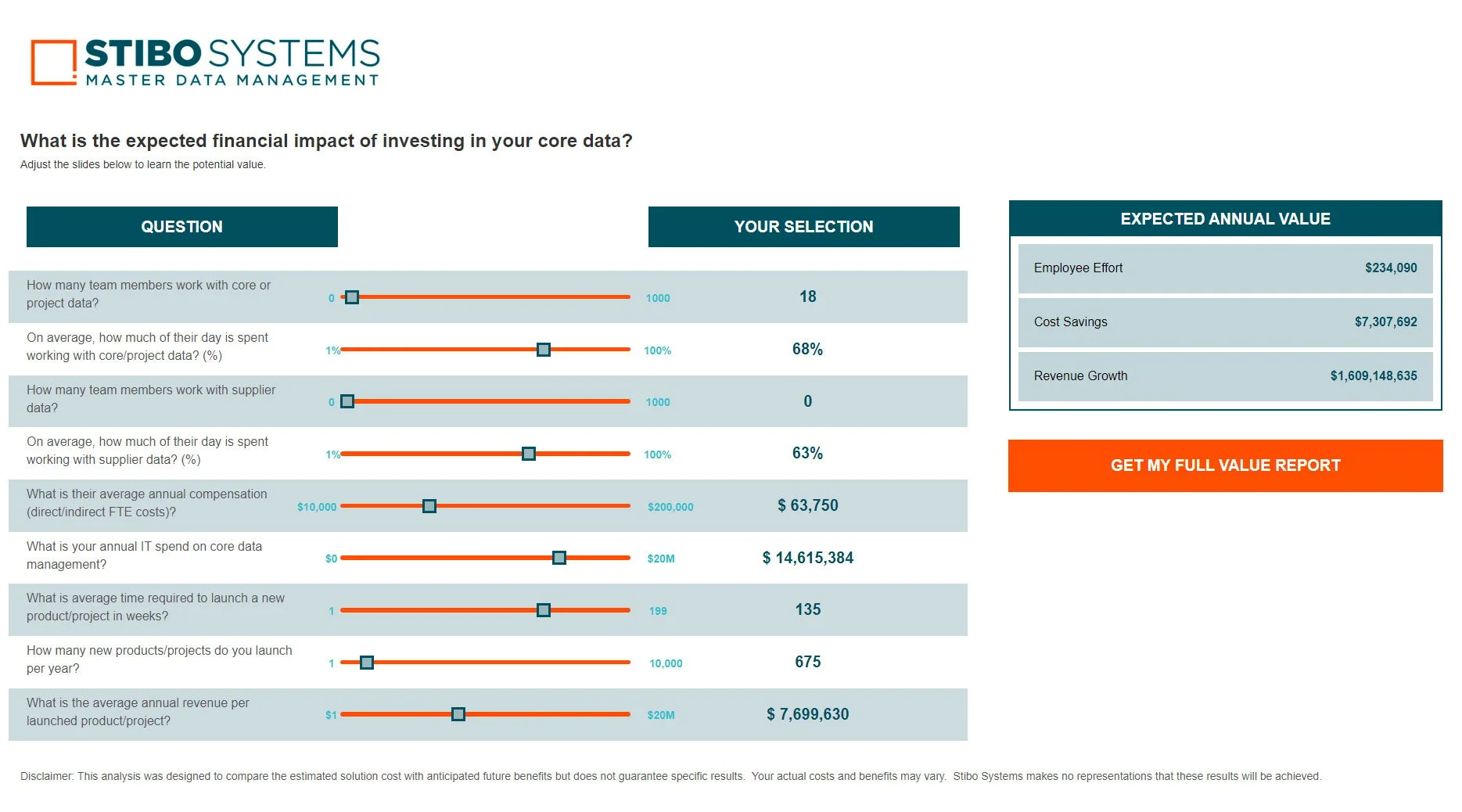As data continues to be at the center of modern businesses, effective data governance is becoming increasingly important. To stay ahead of the game, organizations need to be aware of the latest trends and developments in data governance.
In this blog post, we will explore seven of the most significant data governance trends that are expected to shape the industry in the coming years. From the rise of AI-powered data governance to the growing importance of data privacy regulations, we will provide insights into what organizations can expect and how they can prepare for the future.
Data governance trends in 2023
Here are the seven most on significant data governance trends for 2023:
1. Automated data governance
Automation will continue to play a big role in data governance, enabling organizations to automate many of the processes involved in data management, including data quality checks, data lineage tracking and compliance monitoring.
2. Cloud-based data governance
With more and more organizations moving their data to the cloud, cloud-based data governance tools will become increasingly important. These tools will enable organizations to manage and govern their data in the cloud, ensuring that it is secure and compliant with relevant regulations.
3. Data democratization
As more people within an organization need access to data, data governance will need to become more democratized. This means that data governance policies and practices will need to be communicated and enforced across the organization, not just within the IT department.
4. Focus on data privacy
With the rise of data breaches and increased regulation around data privacy, organizations will need to place a greater emphasis on data privacy in their data governance programs. This will involve implementing stricter controls around data access and implementing technologies such as encryption and tokenization to protect sensitive data.
5. Increased collaboration
Collaboration will become increasingly important in data governance as more stakeholders become involved in data management. This will require better communication and collaboration tools as well as more cross-functional teams focused on data governance.
6. Integration with machine learning
Machine learning will play an increasingly important role in data governance, enabling organizations to automate many of the processes involved in data management. This will involve integrating machine learning algorithms into data governance tools to enable automated decision-making based on data quality and other factors.
7. More emphasis on data ethics
With the increasing amount of data being collected and analyzed, organizations will need to pay more attention to data ethics in their data governance programs. This will involve developing and enforcing policies around the ethical use of data as well as implementing technologies such as AI explainability and bias detection to ensure that data-driven decisions are fair and transparent.
Overall, data governance is likely to continue to grow in importance as organizations generate and handle ever-increasing amounts of data and as data privacy and security concerns continue to be at the forefront of public consciousness.







